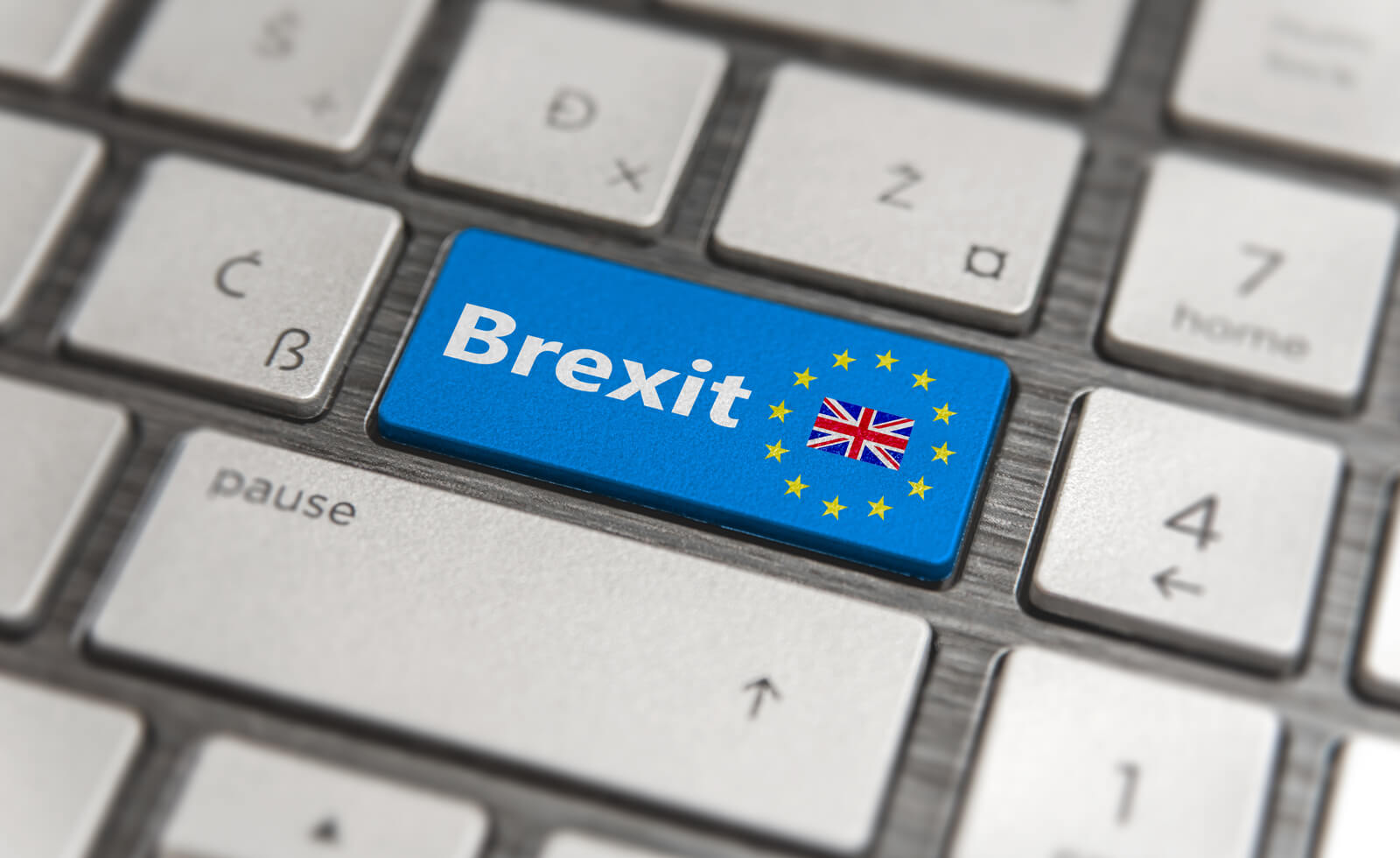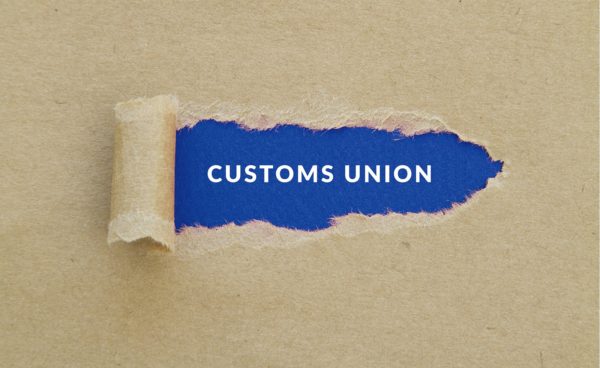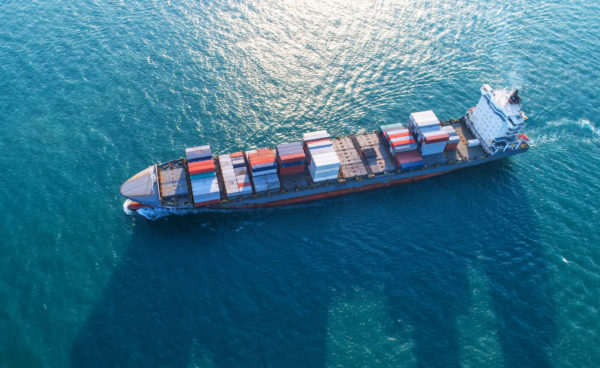Brexit & Digitisation: what role does technology have in Brexit negotiations
Jul 15, 2017
Scroll to find out more
Jul 15, 2017
Scroll to find out more

Technology has a huge role to play in the upcoming Brexit negotiations – especially in the debate around the Customs Union.
Here are some ways in which technology can help the UK leave the Customs Union AND avoid the huge amount of red tape that businesses are fearful of:
CHIEF is 25 years old and is in desperate need of an upgrade. CDS is currently being built and was originally meant to come online in 2019, although that timeline is now at risk. Upgrading CHIEF quickly should be top of the list for a UK outside the Customs Union.
Having documents and clearance instructions digitally submitted in advance will allow for pre-clearance and therefore reduce long delays at Dover. Physical inspections of non-EU shipments are currently extremely rare, as almost all customs declarations are received electronically and can be lodged before goods arrive in the UK. The same approach should be extended to shipments from the EU. This is also of particular importance to Northern Ireland.
To facilitate UK-EU computer system interoperability and streamline customs clearance.
The UK should also unilaterally implement a ‘Single Window’ system – a one-stop shop where traders can lodge all customs documentation – to replace the separate platforms for customs, excise, and VAT.
The efficiency gains to such schemes are well-documented. Singapore’s fully electronic and integrated TradeNet ‘Single Window’ saw the average time to process customs applications reduced from over two days to only ten minutes.
According to the RTA Exchange, ‘blockchain technology holds the potential for providing secure information on the origin of goods and materials, without disintermediating suppliers and distributors’. Blockchain has huge potential to reduce the complexity of RoO (such as showing original authentic documents) and should make it easier for all documentation to be accessed and sent to customs authorities well in advance of the shipment.
Companies such as Wave and Provenance are ones to watch.
When the UK leaves the EU, it will need to establish a fully-fledged national AEO framework. This will allow for administrative and working capital benefits (such as paying customs duties in arrears) as well as supply chain improvements (such as RFID fast lanes for AEOs).
In particular, Holland, France, Belgium, Germany and Spain. However, this is likely to be politically sensitive.

CHIEF:Customs processing in the UK is presently handled by a system called C...


Rules of Origin (RoO) are used to establish the level of ‘local content’ in prod...